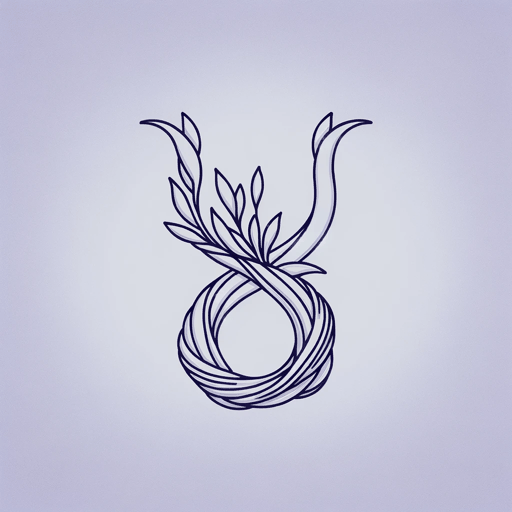19 pages • 38 minutes read
William WordsworthThe World Is Too Much with Us
Fiction | Poem | Adult | Published in 1807A modern alternative to SparkNotes and CliffsNotes, SuperSummary offers high-quality Study Guides with detailed chapter summaries and analysis of major themes, characters, and more.
Summary and Study Guide
Overview
“The World Is Too Much With Us” is a sonnet written by the English poet William Wordsworth. It was published in Wordsworth’s third poetry collection Poems, in Two Volumes (1807). The sonnet represents Wordsworth’s dissatisfaction with Industrial Revolution-era England and his desire to return to a mythical past in which humans and nature were unified. With its mythological allusions and sensual language, “The World Is Too Much With Us” displays Wordsworth’s complicated relationship with the natural world around him and highlights his often melancholic, pessimistic, and wistful personality, traits that would define much of the Romantic literary movement Wordsworth inspired.
Hailed as the foremost poet of his time in Victorian poet and literary critic Matthew Arnold’s elegy “Memorial Verses April 1850,” William Wordsworth remains one of the most revered and studied poets in all English literary history. Wordsworth’s body of work bears influences from a diverse array of sources, including William Shakespeare and contemporary philosophical movements like Associationism and Neoplatonism, and the metrical form, meditative tone, and at times revolutionary spirit of his poetry emulate the works of revered poet, dramatist, and political essayist John Milton. However, Wordsworth’s greatest influence was nature itself, which he regarded as an almost spiritual mentor.
Characterized by its focus on nature and the rift between man and his natural environment, much of Wordsworth’s poetry was composed during meditative walks through the English countryside with his sister Dorothy, Wordsworth’s transcriber and a writer herself. Wordsworth composed many of his most familiar poems in such settings, including “Lines Written a Few Miles above Tintern Abbey,” “I Wandered Lonely as a Cloud,” and “Composed upon Westminster Bridge, September 3, 1802,” the latter two of which were published alongside “The World Is Too Much With Us” in Poems, in Two Volumes. In each of these four poems, Wordsworth laments humanity’s separation from the natural world, caused in part by the Industrial Revolution, and documents his attempts to feel connected to nature like he did as a boy playing in the countryside.
Poet Biography
William Wordsworth was born the second son of John Wordsworth and Ann Cookson’s five children in 1770. During his earliest years, Wordsworth learned to read from his mother and shared an intimate friendship with his sister Dorothy, born only one year after him. The two spent much of their early childhood exploring the rural scenery of Cockermouth, Cumberland, within England’s famous Lake District. Here began Wordsworth’s love for nature, as well as poetry, and throughout his adult life, he often looked back to his childhood in Cockermouth as a pastoral paradise. Cockermouth provided him with the rural settings and subject matter for much of his poetry and played a pivotal role in Wordsworth’s early education. In Book 1 of The Prelude, Wordsworth describes his childhood memories of the River Derwent, claiming,
Near my ‘sweet Birthplace’, didst thou, beauteous Stream
Make ceaseless music through the night and day
Which with its steady cadence, tempering
Our human waywardness, compos’d my thoughts
To more than infant softness, giving me,
Among the fretful dwellings of mankind,
A knowledge, a dim earnest, of the calm
That nature breathes among the hills and groves (Lines 8-15).
It was the River Derwent that “compos’d” the young Wordsworth’s thoughts and curbed his innate “human waywardness” (Line 11), offering him instead a taste of nature’s infinite knowledge.
This early education from his mother and nature soon came to an end, however, with the death of his mother Ann in 1778. His father, who was often absent from the family home, sent William to a grammar school in Hawkshead and sent Dorothy to live with relatives in Yorkshire. The two were separated and did not meet again for nine years, during which time their father John Wordsworth also died. William’s uncles funded the rest of his education, and in 1787, he entered St. John’s College. Restless after receiving his bachelor’s degree, Wordsworth traveled to France in 1791, where he became enamored with the ongoing Revolution.
It was in France that Wordsworth began to explore more radical political opinions. He saw the Revolution as an opportunity to change the world and was eager to see the creation of what he perceived as a more egalitarian society. However, a lack of funds necessitated his return to England in 1793, and the emergence of war prevented his return to France. After being left money from a recently deceased friend, Wordsworth settled in Racedown, Dorsetshire in 1795 with his sister Dorothy. It was around this time that Wordsworth met the poetic visionary Samuel Taylor Coleridge, and the two became close friends. In 1797, William and Dorothy moved to Alfoxden House, Somersetshire, only four miles away from Coleridge, and at 27 years old, Wordsworth finally began his career as a poet.
Wordsworth and Coleridge’s collaborative efforts soon gave birth to Lyrical Ballads, with a Few Other Poems in 1798, a collection of poetry featuring Wordsworth’s “Lines Written a Few Miles above Tintern Abbey” and Coleridge’s “The Rime of the Ancient Mariner.” This first collection was a commercial success and gave shape to what would later become the Romantic literary movement. Coleridge and Wordsworth continued working together for years, even after William and Dorothy moved to Grasmere and William married his childhood acquaintance Mary Hutchinson in 1802, but they ultimately parted ways after an argument in 1810. However, Wordsworth’s fame continued to spread, and he was still a prolific composer of poetry after his separation from Coleridge.
At the height of his popularity and near the end of his life, Wordsworth was officially named the poet laureate of Great Britain in 1843, despite the English government’s prior suspicion of his political leanings. In 1850, at 80 years of age, Wordsworth passed away at home in Rydal Mount, and The Prelude was published posthumously in 14 books by his wife Mary Hutchinson. His closest confidante, transcriber, and sister Dorothy died five years later in 1855.
Poem Text
The world is too much with us; late and soon,
Getting and spending, we lay waste our powers;—
Little we see in Nature that is ours;
We have given our hearts away, a sordid boon!
This sea that bares her bosom to the moon;
The winds that will be howling at all hours,
And are up-gathered now like sleeping flowers;
For this, for everything, we are out of tune;
It moves us not. Great God! I’d rather be
A Pagan suckled in a creed outworn;
So might I, standing on this pleasant lea,
Have glimpses that would make me less forlorn;
Have sight of Proteus rising from the sea;
Or hear old Triton blow his wreathèd horn.
Wordsworth, William. “The World Is Too Much With Us.” 1807. Poems, in Two Volumes.
Summary
Wordsworth begins the poem by observing the pressure human beings feel to participate in an overwhelming, materialistic world “too much with us” (Line 1). He describes how people, in the rush of “getting and spending” (Line 2), have “given [their] hearts away” (Line 3) and wasted their individual “powers” (Line 2) and ability to appreciate and commune with the natural world. Wordsworth and his fellow Englishmen have relinquished their bond to nature and prioritized frantically buying and selling in an industrialized world.
In the second quatrain, Wordsworth shifts his focus to the beautiful aspects of nature human beings are missing. The pull of the moon upon the sea (Line 5), the sound of the wind throughout the day (Line 6), and freshly picked “sleeping flowers” (Line 7) are all images Wordsworth employs to capture the liveliness and vibrancy of nature in contrast to his meaningless and oppressive materialist society. However, despite all this natural beauty, humanity remains unmoved and “out of tune” (Line 8) with its natural environment and nature’s music.
In the concluding sestet, Wordsworth musters his resolve and declares he would rather be a “Pagan suckled in a creed outworn” (Line 10) than a “forlorn” (Line 12) participant in a purposeless, industrialized Christian society. Wordsworth supposes that, if he were a pagan, it would be easier to catch “glimpses” (Line 12) of a more spiritual world within nature, represented by allusions to the Greek sea gods Proteus (Line 13) and Triton (Line 14). If he were a pagan, he too could appreciate the divinity and spirituality of the natural world, just as the ancient Greeks did. It is this sentiment of fruitlessly yearning to hear the mythical sound of Triton’s “wreathed horn” (Line 14) with which Wordsworth concludes his sonnet.
Related Titles
By William Wordsworth

A Complaint
William Wordsworth

A Slumber Did My Spirit Seal
William Wordsworth

Composed upon Westminster Bridge, September 3, 1802
William Wordsworth
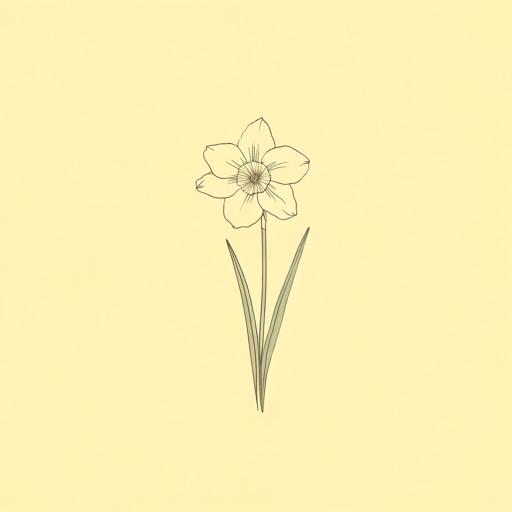
Daffodils
William Wordsworth
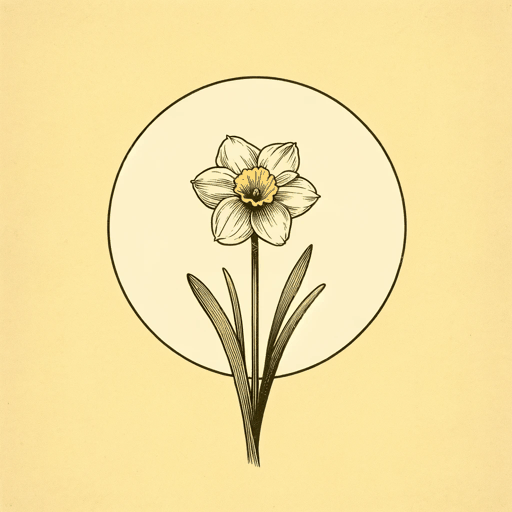
I Wandered Lonely as a Cloud
William Wordsworth
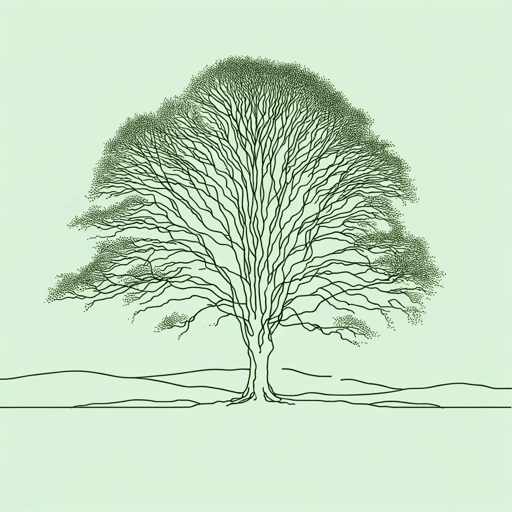
Lines Composed a Few Miles above Tintern Abbey ...
William Wordsworth

London, 1802
William Wordsworth

Lyrical Ballads
William Wordsworth

My Heart Leaps Up
William Wordsworth

Ode: Intimations of Immortality from Recollections of Early Childhood
William Wordsworth

Preface to Lyrical Ballads
William Wordsworth
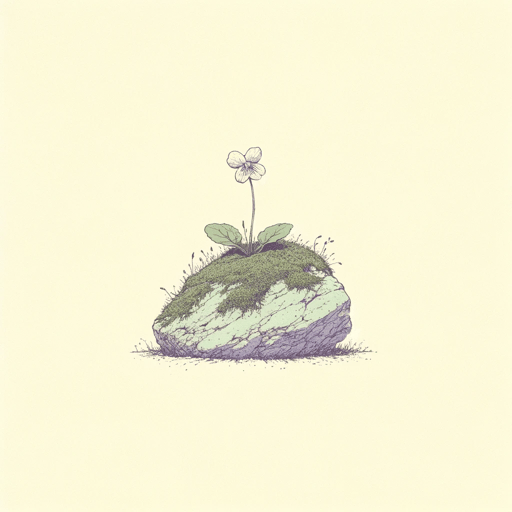
She Dwelt Among The Untrodden Ways
William Wordsworth
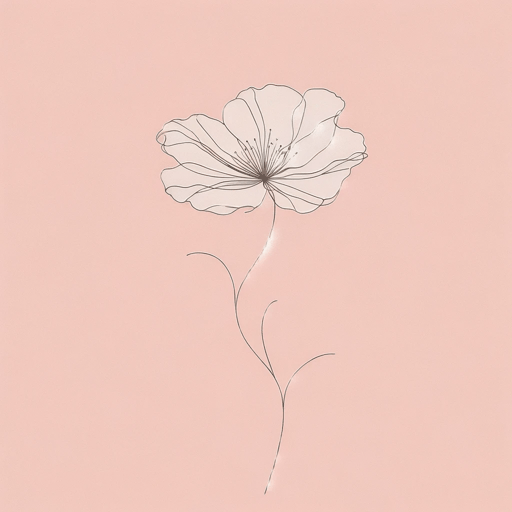
She Was a Phantom of Delight
William Wordsworth

The Prelude
William Wordsworth
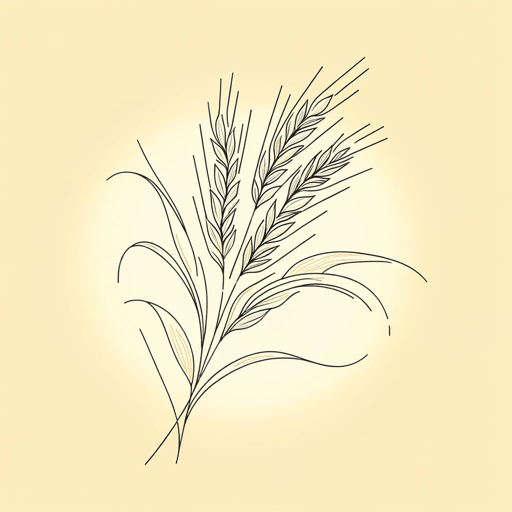
The Solitary Reaper
William Wordsworth
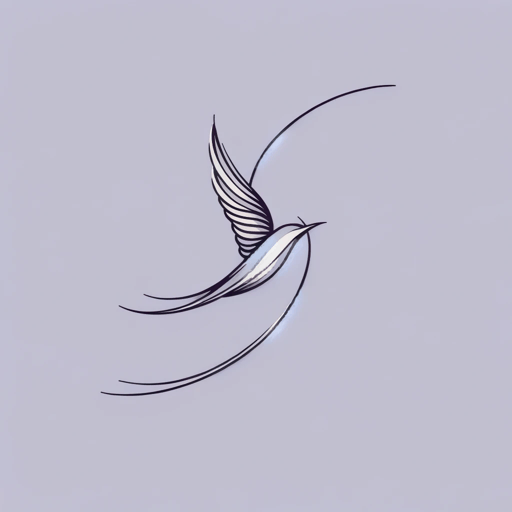
To the Skylark
William Wordsworth

We Are Seven
William Wordsworth
